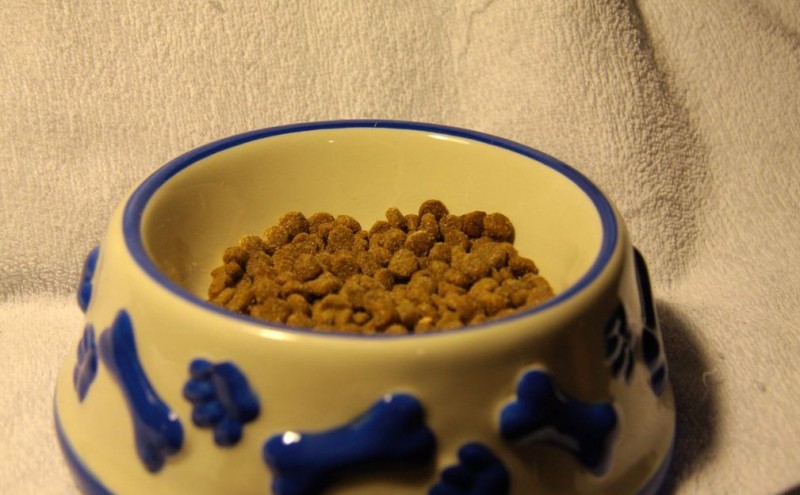
1. Introduction
Pet owners want to provide their furry companions with high-quality and safe food products. To ensure the standards are met, the role of a pet food taster has emerged in the pet food industry. This article explores the responsibilities, training, and techniques used by pet food tasters to ensure the quality and safety of pet food products.
2. The Role of a Pet Food Taster
A pet food taster is an individual responsible for evaluating the taste, texture, aroma, and overall palatability of pet food products. Their role is crucial in determining if the food meets the desired sensory characteristics that pets enjoy.
3. Training and Qualifications
Becoming a pet food taster requires specialized training and knowledge. Professionals in this field often have a background in food science, nutrition, or a related discipline. They undergo sensory evaluation training to develop their taste buds and become familiar with different pet food ingredients and formulations.
4. Quality Control Measures
Pet food tasters play a vital role in quality control within the pet food industry. They work closely with manufacturers to ensure that each batch of pet food meets specific standards for taste, texture, and nutritional content. By conducting thorough evaluations, they help maintain consistent quality across different product lines.
5. Sensory Evaluation Techniques
Pet food tasters employ various sensory evaluation techniques to assess the quality of pet food products. These techniques include evaluating appearance, smell, taste, and texture. By analyzing these factors, tasters can determine if the food meets the desired sensory profiles and if any improvements or adjustments are necessary.
6. Identifying Nutritional Balance
In addition to evaluating sensory attributes, pet food tasters are also responsible for identifying the nutritional balance of the products. They ensure that the food contains the right combination of nutrients, vitamins, and minerals to support the health and well-being of pets.
7. Detecting Contaminants and Allergens
Another critical aspect of a pet food taster's role is to detect potential contaminants and allergens. They carefully analyze the ingredients to identify any substances that may pose a risk to pets' health, such as harmful additives or common allergens.
8. Ensuring Palatability
Palatability is a significant factor in pet food acceptance. Pet food tasters assess the taste and texture of products to ensure they are appealing to pets. They consider factors like aroma, mouthfeel, and overall flavor, making recommendations to enhance palatability.
9. Collaborating with Pet Food Manufacturers
Pet food tasters work closely with pet food manufacturers to provide feedback and collaborate on improving product formulations. They share their findings, suggest adjustments, and contribute to the development of new and innovative pet food recipes.
10. Ethical Considerations
Ethical considerations are important in the pet food industry. Pet food tasters ensure that the ingredients used in pet food are sourced responsibly and meet ethical standards. They also play a role in advocating for animal welfare and supporting sustainable practices within the industry.
11. Industry Regulations and Standards
The pet food industry is regulated to ensure the safety and quality of pet food products. Pet food tasters are well-versed in these regulations and standards, ensuring that manufacturers comply with them. They help companies navigate the complex landscape of regulations and maintain compliance with the latest guidelines.
12. The Future of Pet Food Tasting
As the pet food industry continues to evolve, so does the role of a pet food taster. Advancements in technology and research may lead to innovative methods of evaluating pet food quality. Additionally, there is a growing focus on personalized nutrition for pets, which may require tasters to adapt their techniques and approaches.
13. Conclusion
Pet food tasters play a vital role in ensuring the quality and safety of pet food products. Through their sensory evaluations, they help maintain high standards of taste, nutritional balance, and palatability. Their collaboration with manufacturers and dedication to ethical considerations contribute to the well-being of pets worldwide.
India's Space Program Soars, ISRO Inspires Scientific Advancement